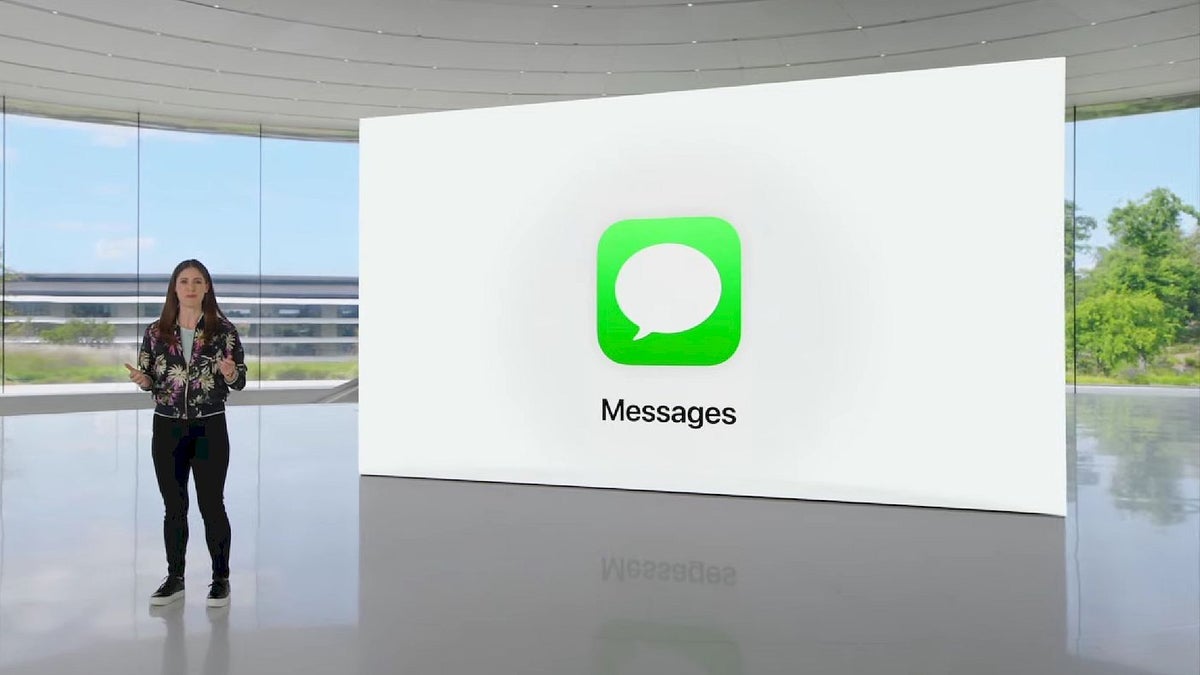The statement said, “At Apple, we build our products and services with industry-leading privacy and security technologies designed to give users control of their data and keep personal information safe. We took steps to protect our users by blocking techniques that exploit fake credentials in order to gain access to iMessage. These techniques posed significant risks to user security and privacy, including the potential for metadata exposure and enabling unwanted messages, spam, and phishing attacks. We will continue to make updates in the future to protect our users.”
Previous attempts to run iMessage over an Android device forced you to use an Apple ID to sign into a remote Mac. With Beeper Mini, you are connecting directly to Apple’s service. There are no middlemen, and no third-party servers are involved. Beeper Mini works by sending your messages directly through Apple, to the recipient, and back as though your Android phone was an iPhone. No relay is required, and there is no signing into a Mac using an Apple ID.
When Apple speaks about “blocking techniques that exploit fake credentials in order to gain access to iMessage,” it is talking about the way Beeper Mini connects to iMessage using Apple’s push notification service. Beeper Mini intercepts this push notification and sends it to your device. Apple’s servers have to be convinced that they are pinging the notifications from an Apple device. Perhaps a Jedi mind trick is employed. (“These are not the Droid devices pretending to be iOS that you’re looking for.”)
Beeper says that no one can read messages sent to you keeping your privacy intact although this cannot be verified by Apple and the company is concerned about your privacy and the privacy of those you are chatting with. When Beeper and others like Sunbird sent your iMessages through the aforementioned Mac, there is no security protecting your messages. But with the notification protocols being used, Apple felt that it needed to cut off Beeper Mini.
Since Apple cut off Beeper Mini, the latter has been hard at work trying to get the service up and running again. Beeper Mini founder Eric Migicovsky (yes, the same guy behind the successful Pebble smartwatches) wonders why Apple would prefer that its users send unencrypted SMS messages to Android users. Migicovsky says, “If Apple truly cares about the privacy and security of their own iPhone users, why would they stop a service that enables their own users to now send encrypted messages to Android users, rather than using unsecure SMS?”
But just because something makes sense to Migicovsky doesn’t mean that it makes sense to Apple. “What we’ve built is good for the world. It’s something we can almost all agree should exist.” But Apple doesn’t see it that way and the tech giant will continue to do whatever it can to keep iMessage under its own control.
Even though Apple said that it will support RCS sometime next year, the early word is that the green bubbles will still exist which means that Android users will still be identified as such by iPhone owners although the differences between iMessage and RCS are relatively small enough to allow Android users to join a group chat without having to face the insults and attacks that iPhone users currently throw at those with an Android device.








